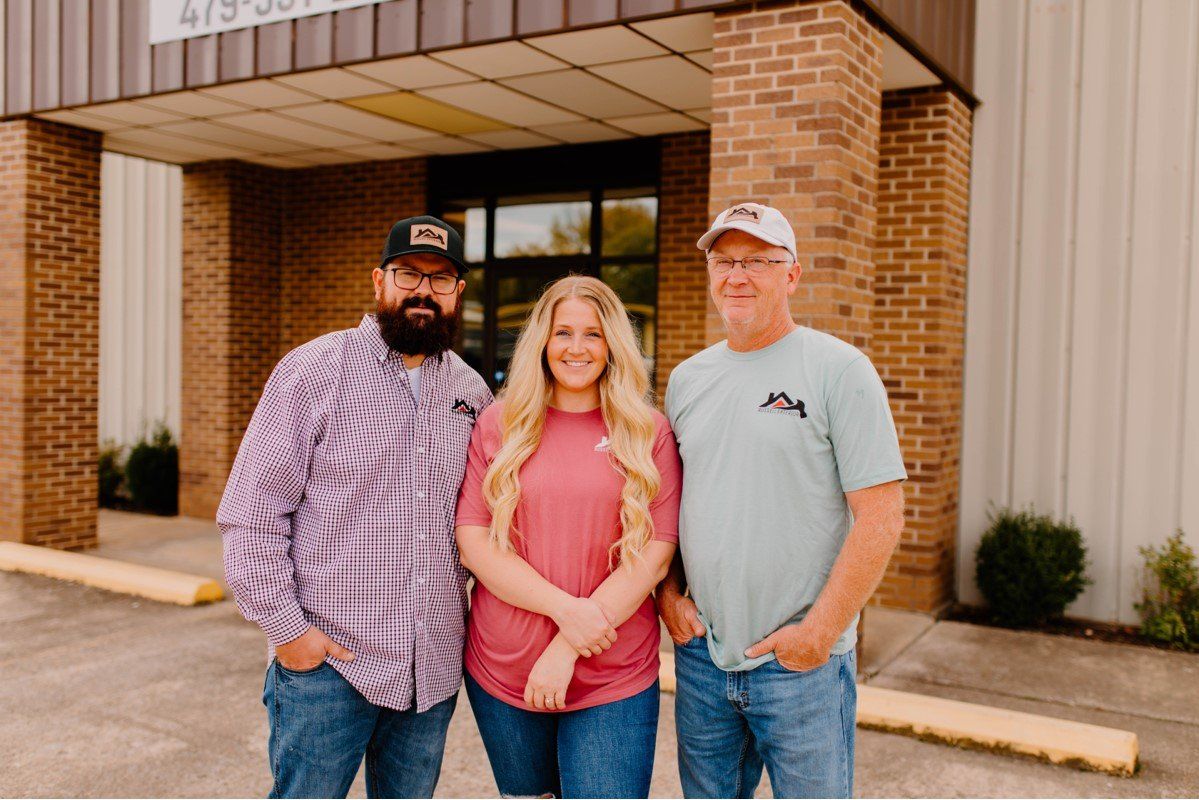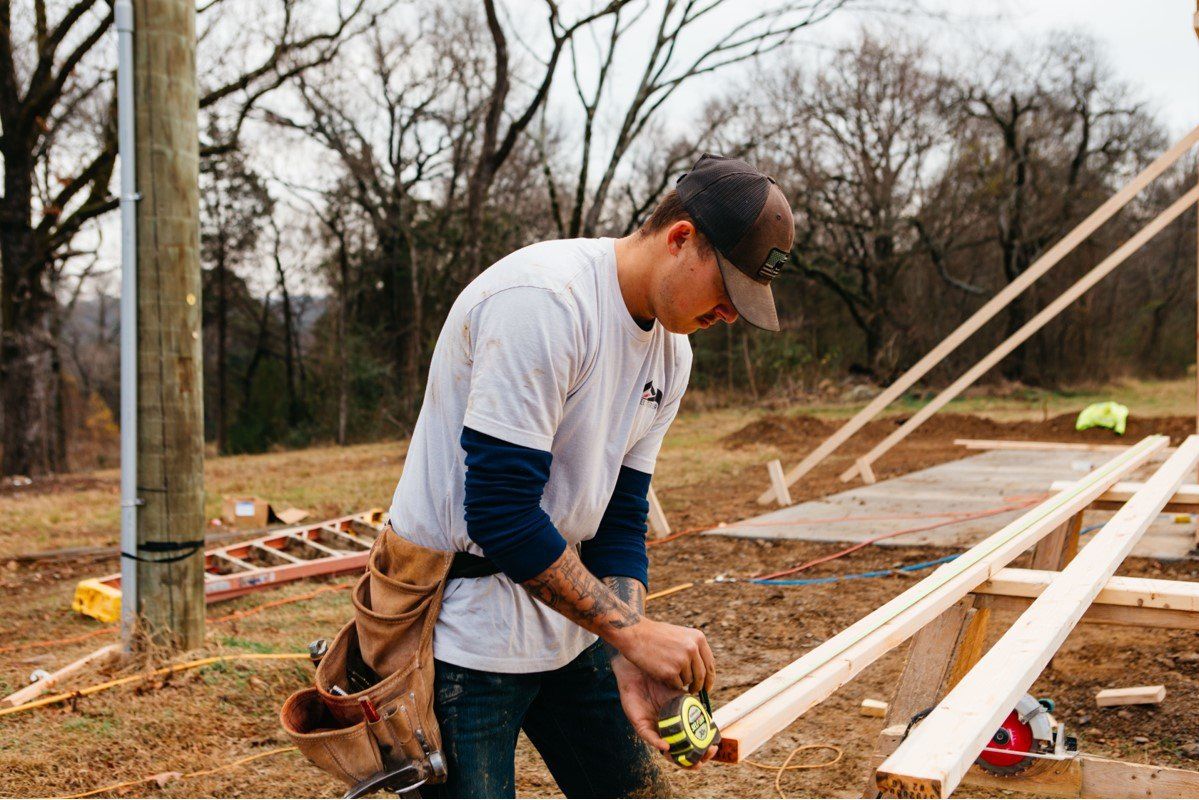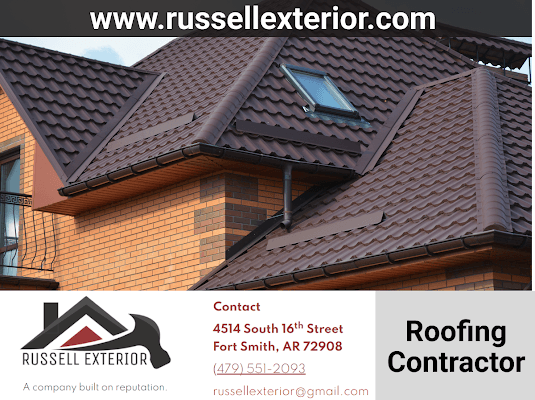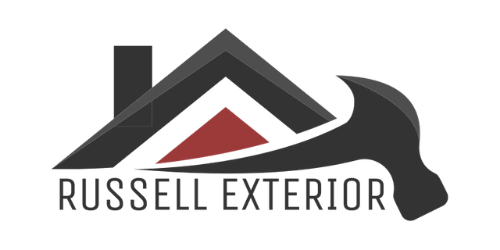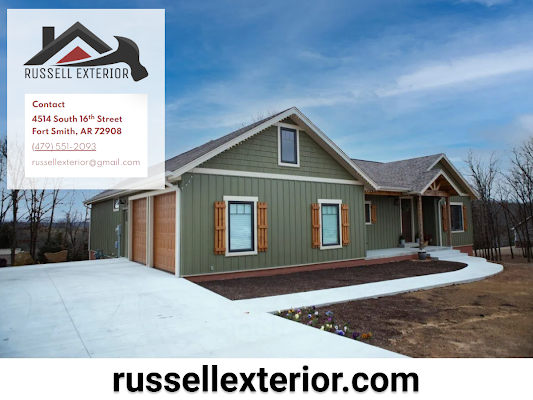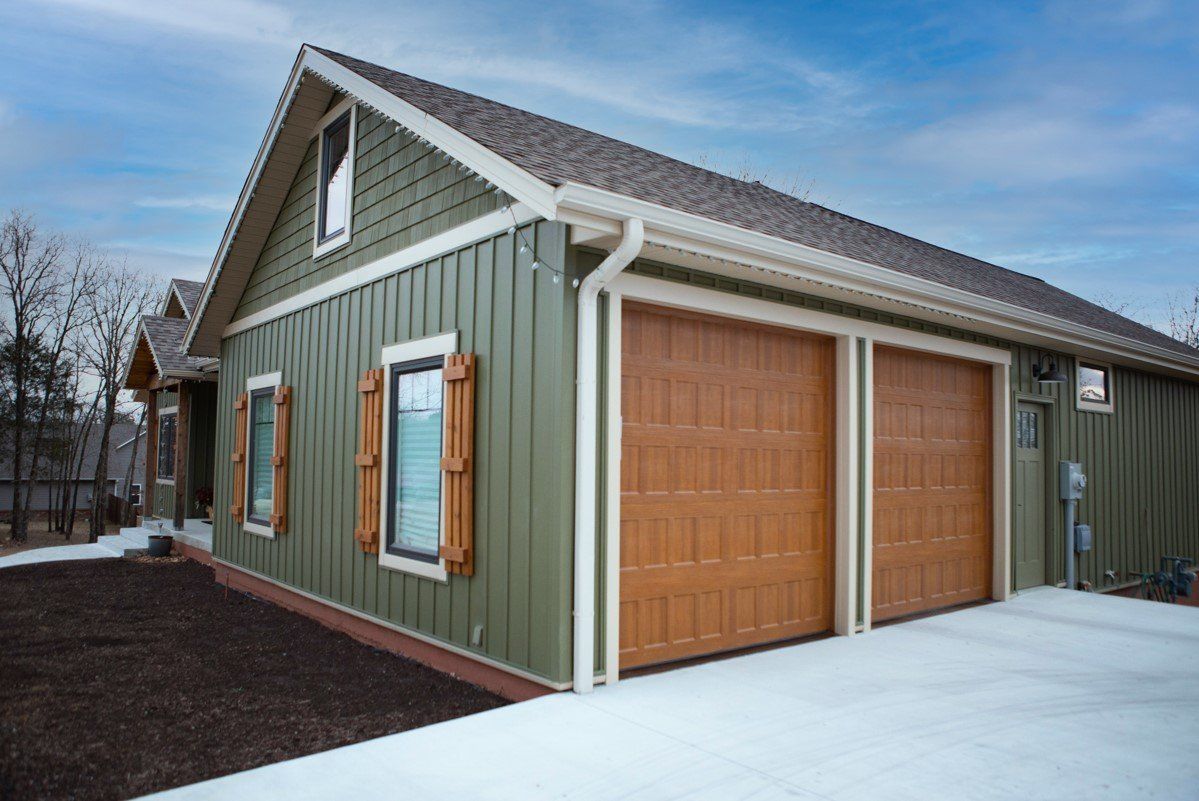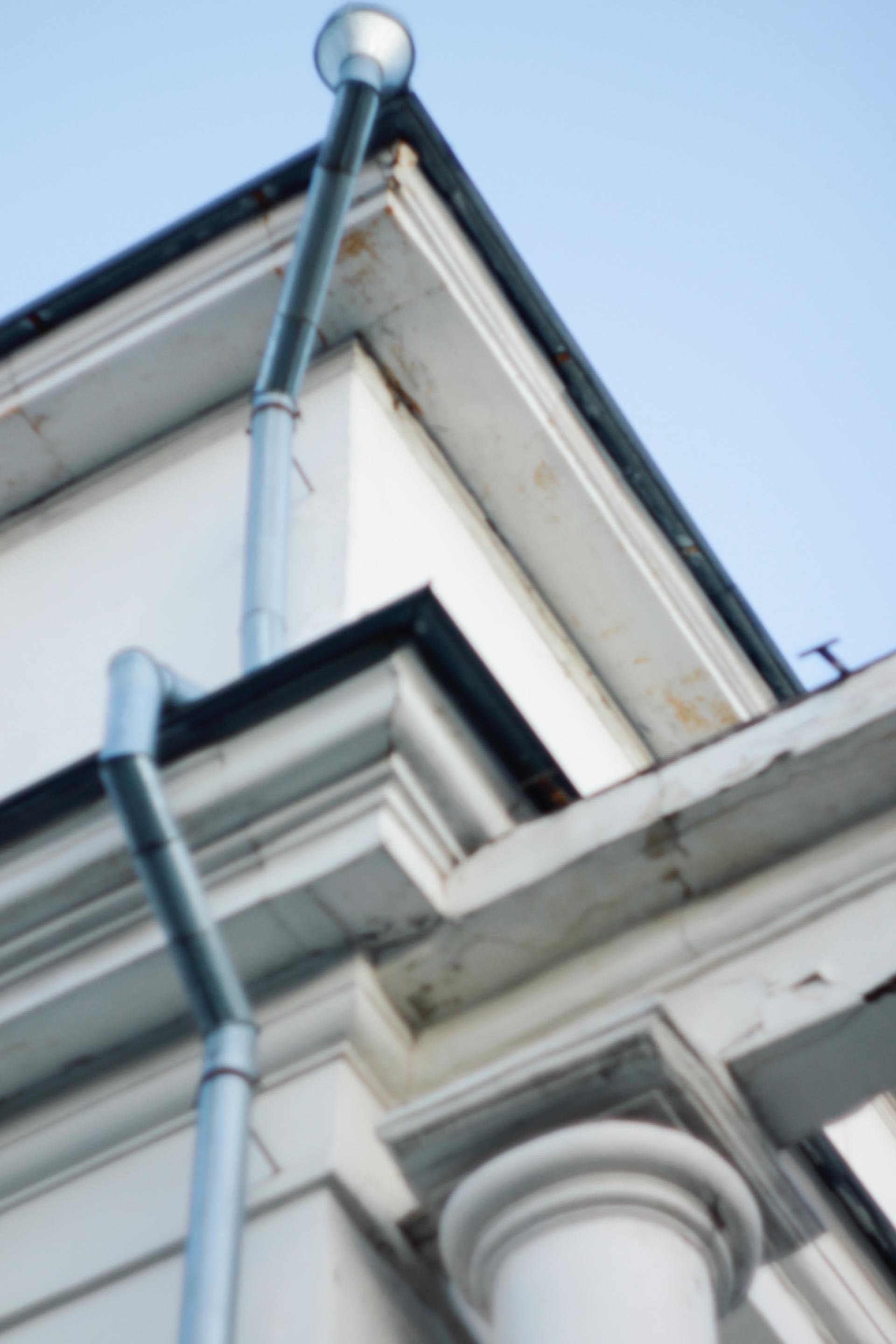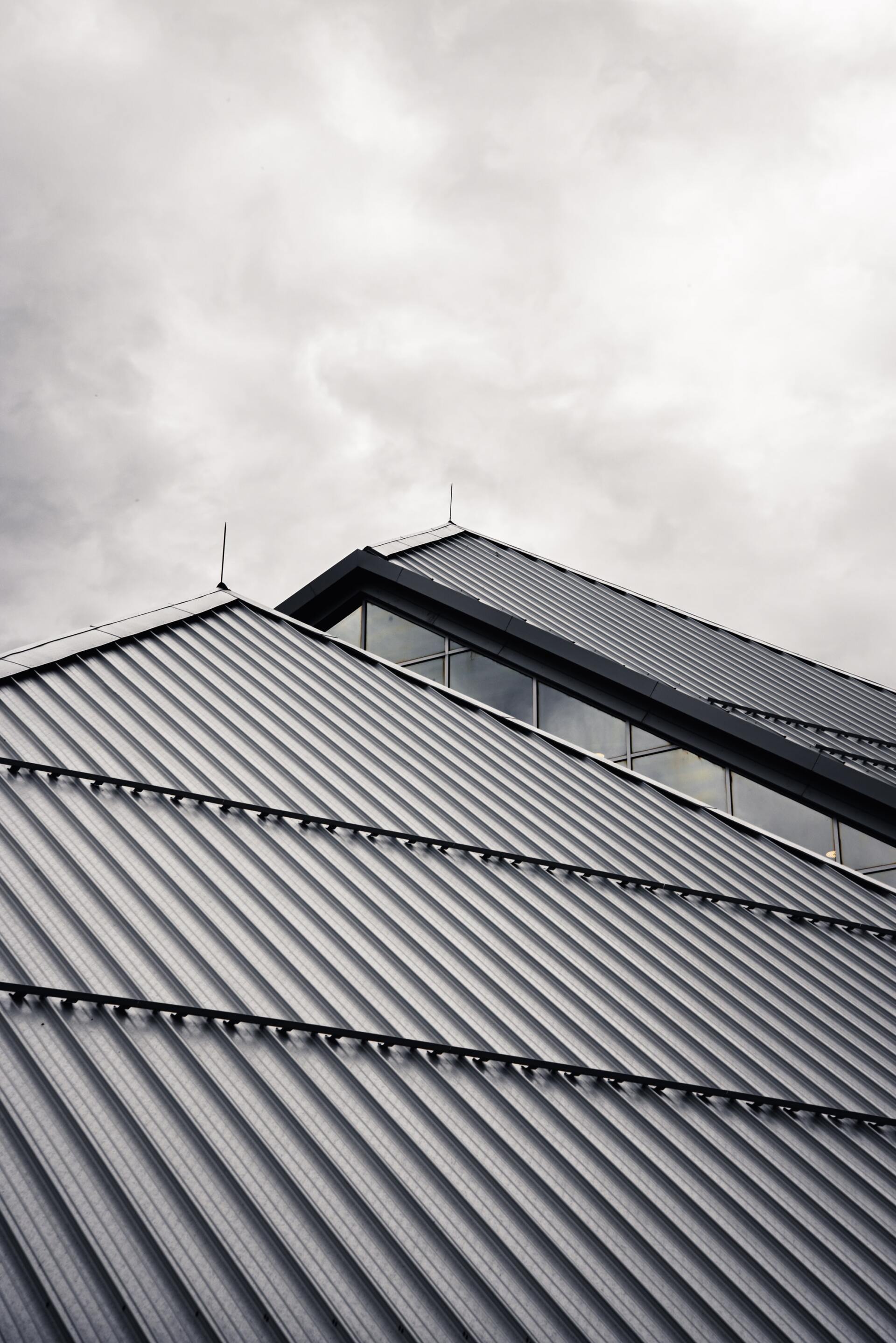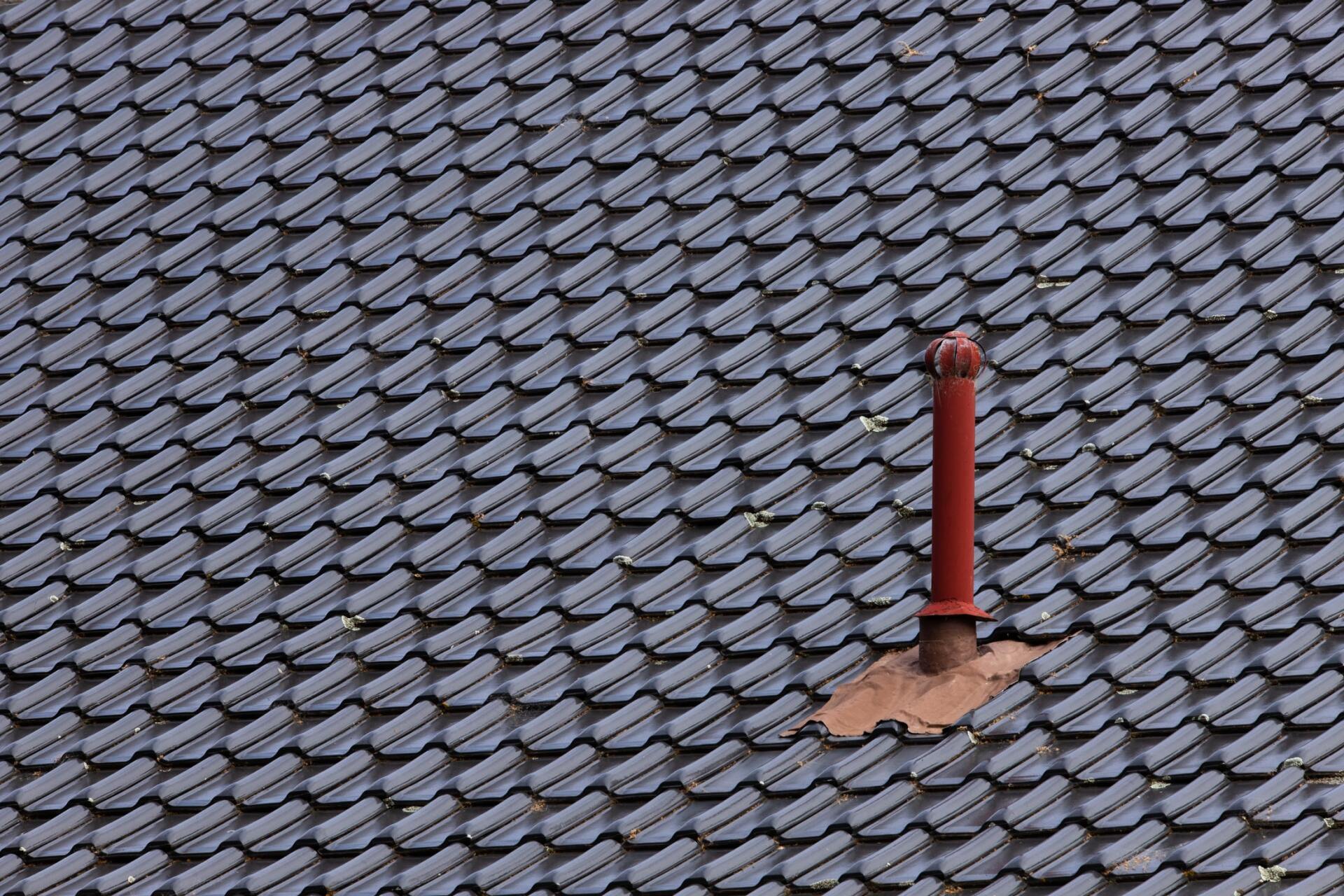Types of Siding & How They Affect Your Home
Choosing the right type of
siding for your home can be daunting. But don't worry - we're here to help! This blog will discuss the different types of siding available and how they affect your home. From vinyl siding to wood siding, we've got you covered. Additionally, we'll give you tips on choosing the right type of siding for your home and some advice on how to care for it. So stay tuned, and let us help you select the perfect type of siding for your home!
Types of Siding
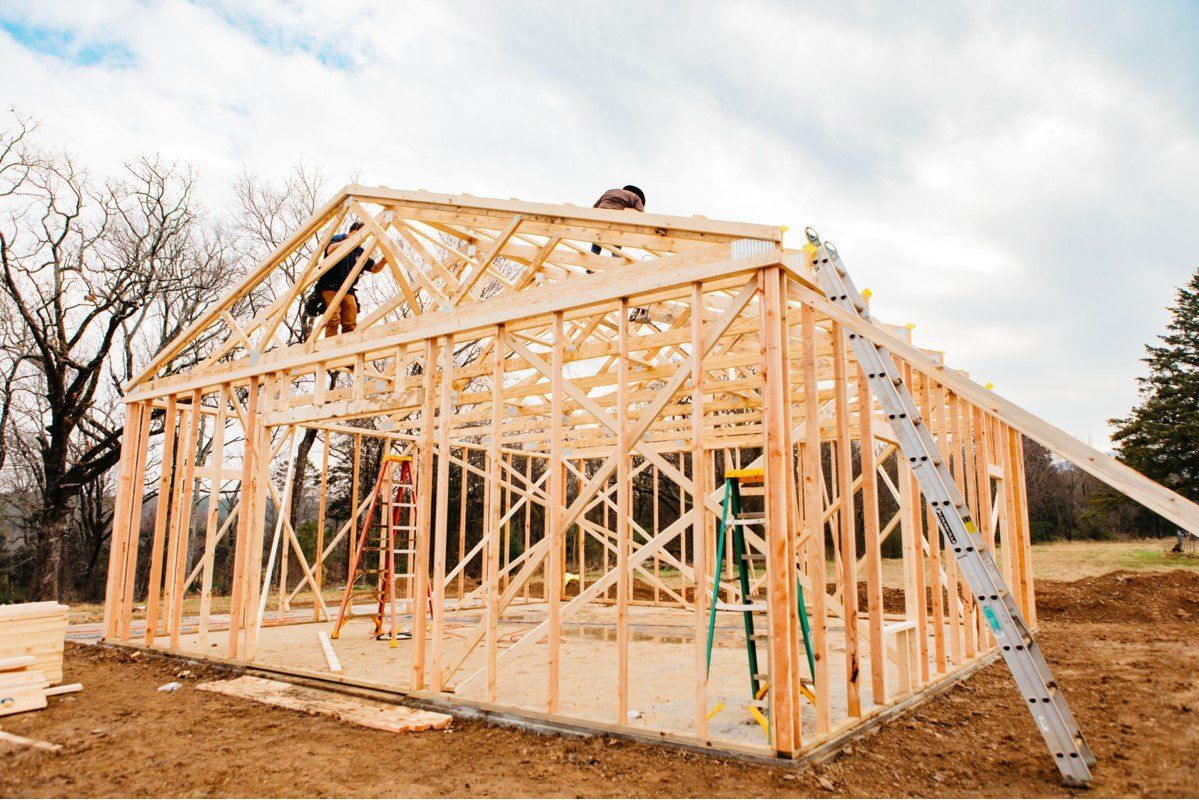
No home is complete without proper exterior skin-siding. Siding comes in various types, each with its benefits and drawbacks. Choosing the right siding for your home is essential to protect it from weather damage and insulation loss. Additionally, siding can add character and style to your home, so choosing the right type for your needs is essential. Here are the six types of siding and their respective benefits and drawbacks:
1. Vinyl siding:
Vinyl siding is one of the most popular types of exterior skin siding. It's affordable, easy to maintain, and resistant to water damage. However, vinyl siding jobs can be time-consuming and prone to tear-out.
2. Wood siding:
Wood siding is an excellent option for homes looking for extra protection from weather conditions and insulation loss. Like vinyl roofing material, wood siding can also be repaired or replaced with relative ease - making it an excellent choice for homeowners on a budget or those who prefer cosmetic changes to major exterior repairs.
3. Metal siding:
Metal siding is an excellent choice for homes looking for extra protection from weather conditions and vandalism. Like wood, metal siding can be repaired or replaced relatively quickly. Still, it's more expensive than other exterior skin-siders, and its appearance may not be as versatile as other options.
4. Stone/stucco:
Stone/stucco exterior skin-siding is a popular choice for high-end homebuyers who want to add character and architectural appeal to their home without spending much money. While stone/stucco is relatively easy to maintain and repair, it can be more expensive than other exterior skin-siding options, and its appearance may not be as versatile as others.
5. Brick:
Brick exterior skin siding is a popular choice for homeowners who want the extra protection that wood siding provides but don't want to pay the price tag. Like metal siding, brick can be repaired or replaced with relative ease, but wood or vinyl siding is a more affordable option than wood or vinyl siding, and its appearance may not be as versatile as others.
6. Polyurethane:
Polyurethane exterior skin siding is an excellent option for homeowners who want the extra protection that metal or stone siding provides but don't want to pay the price tag. Like brick, polyurethane can be repaired or replaced with relative ease, but it's more expensive than wood and vinyl siding options, and its appearance may not be as versatile as some of the others.
What to Consider when Choosing a Type of Siding for Your Home?
When it comes to siding your home, you have many options. But which one is the best for you? There are three main types of siding - vinyl, cedar, and stone. Each has its benefits and drawbacks, so it's essential to research each one carefully before deciding. Once you've chosen a type, consult a qualified contractor to install it properly. In the end, choosing the right kind of siding for your home will not only improve the exterior of your home but will also affect the overall aesthetic of the exterior of your home. Here are some things to keep in mind when choosing the side for your home:
1. Cost:
Cost is one of the main factors to consider when choosing a type of siding. Vinyl, cedar, and stone siding all tend to be more expensive than wood or vinyl siding options, but they offer significant benefits in terms of protection and durability. If you're on a budget, metal or brick exterior skin siding may be a better option; however, these materials can also be repairable or replaced with relative ease.
2. Protection :
Another essential factor to consider when choosing the side is protection. Wood, vinyl, and polyurethane exterior skin siding are all susceptible to weathering and decay. This is why they're typically only recommended for homes that don't see a lot of exposure to the elements - in other words, if you live in a dry climate or your home doesn't get hit with high winds. Metal or brick exterior skin siding offers more protection from weather and vandalism; however, it may be more expensive than wood or vinyl options.
3. Appearance:
One of the most significant benefits of vinyl, cedar, and stone siding is its appearance. These materials are typically very uniform in color and texture, so they can easily match any home exterior color scheme. Wood and vinyl siding options tend to have a more natural look - which some people find appealing - but they also require regular maintenance (i.e., painting or staining) to maintain their appearance.
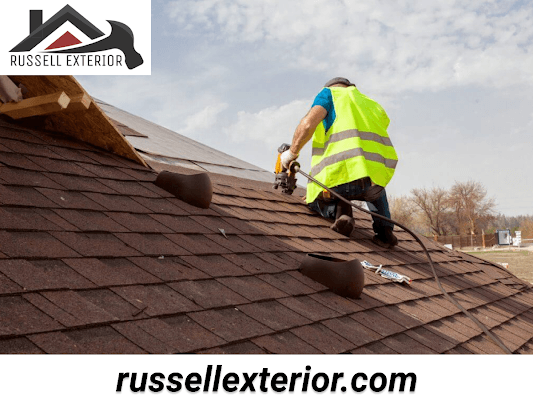
Best Practices When Selecting a Type of Siding for Your Home
Homeowners everywhere are faced with the daunting choices of siding choice. There are so many options available it can take a lot of work to know where to start. That's why we're here to help! When selecting a type of siding for your home, consider the climate where you live. Different types of siding have various environmental benefits and drawbacks. For example, wood siding is a good choice for areas that experience heavy y snowfall, while metal siding is better for areas prone to hurricanes.
Additionally, vinyl siding is popular for areas subject to high temperatures and humidity. But that's just the beginning! Each type of siding has its own pros and cons that you should consider before making a decision.
When it comes to siding, durability is critical. Different types of siding will last in different climates and weather conditions, so make sure you choose the right one for your home. Wood siding typically lasts in areas that experience a lot of rain and snowfall, while metal siding can take a beating in hurricane-prone regions. Vinyl siding tends to degrade faster in moist environments, but it's still a popular choice due to its affordability and easy maintenance. Ultimately, the type of exterior skinning will depend on the specific climate where your home is located and your particular needs.
FAQ's on Types of Siding
Deciding on the type of siding for your home can be daunting. After all, there are so many options, and each has its benefits and drawbacks. To make things easier, we've caused a list of FAQs on types of siding. So, whether you're looking for softwood, hardwood, or cedar siding, you'll be sure to find the right option for your home. Remember that each type has its advantages and disadvantages, so it's essential to choose the right one for your needs. And last but not least - don't forget to take care of your siding by regularly cleaning and sealing it to keep it looking great for years to come!
1. What are some of the benefits of vinyl siding?
Vinyl siding is popular for homeowners because it's affordable, easy to maintain, and durable. It can withstand temperatures and weather conditions that wood siding might not be able to, so it's great for homes in areas that experience a lot of rain and snowfall. Additionally, vinyl siding doesn't rot or decay like other types of exterior skinning do.
2. What are some of the disadvantages of vinyl siding?
One downside to vinyl siding is that it can degrade faster in moist environments. Additionally, because vinyl siding is often made from plastic, it can be more susceptible to damage from hail and other weather events.
3. What are some of the benefits of wood siding?
Wood siding is popular for homeowners because it's beautiful, durable, and natural-looking. It can last up to 100 years if properly cared for, which is longer than any other type of exterior skinning. Additionally, wood siding often has an aesthetic appeal that vinyl or metal cannot rival.
4. What are some of the disadvantages of wood siding?
Wooden exterior skinning can be more expensive than other types, and it may require special care to maintain its appearance. Additionally, wood siding can be heavy and difficult to move around if you need to modify your home.
Conclusion
Choosing the correct type of siding for your home can significantly affect how your home looks and feels. By understanding the different types of siding available and considering your specific needs, you can decide which siding is perfect for your home. In addition, we've compiled a list of Frequently Asked Questions (FAQs) on types of siding so that you can easily find the information you are looking for. Have any questions or suggestions about this blog post? Please feel free to comment below; we would be happy to hear from you. At Russell Exterior, we are committed to providing you with the best information on all things siding! Contact us at (479) 551-2093 or visit our website for more details.
